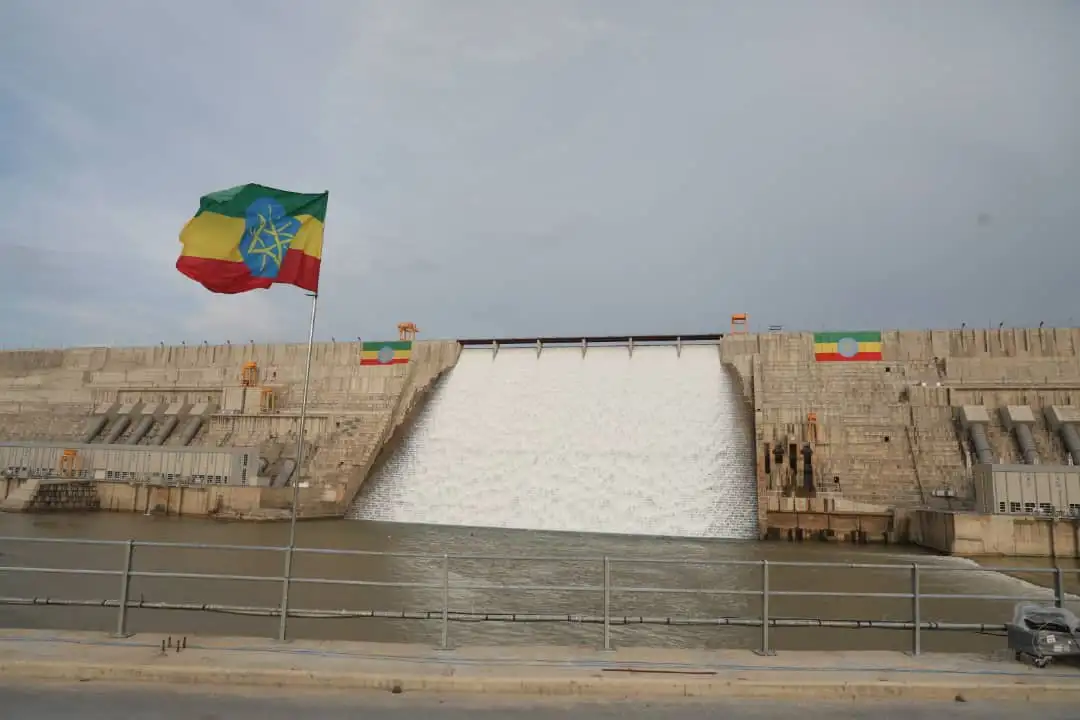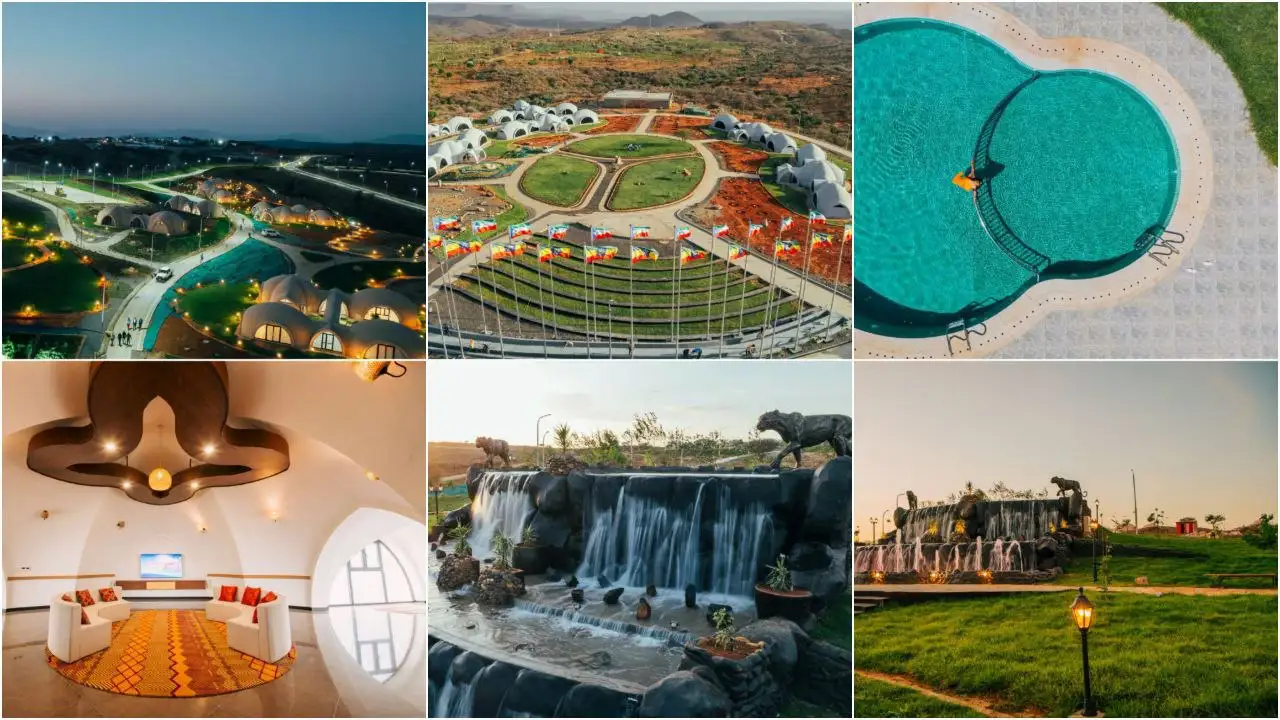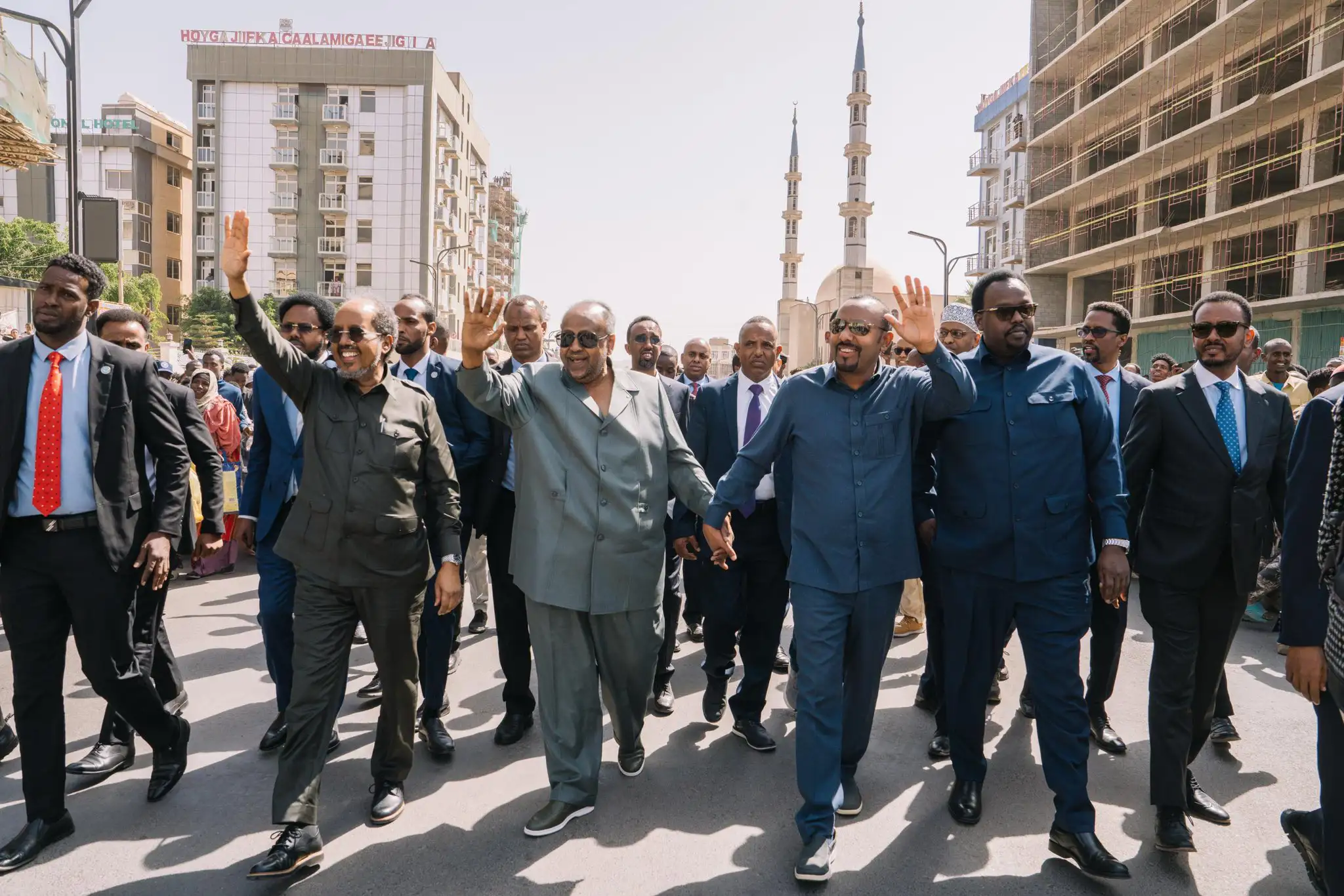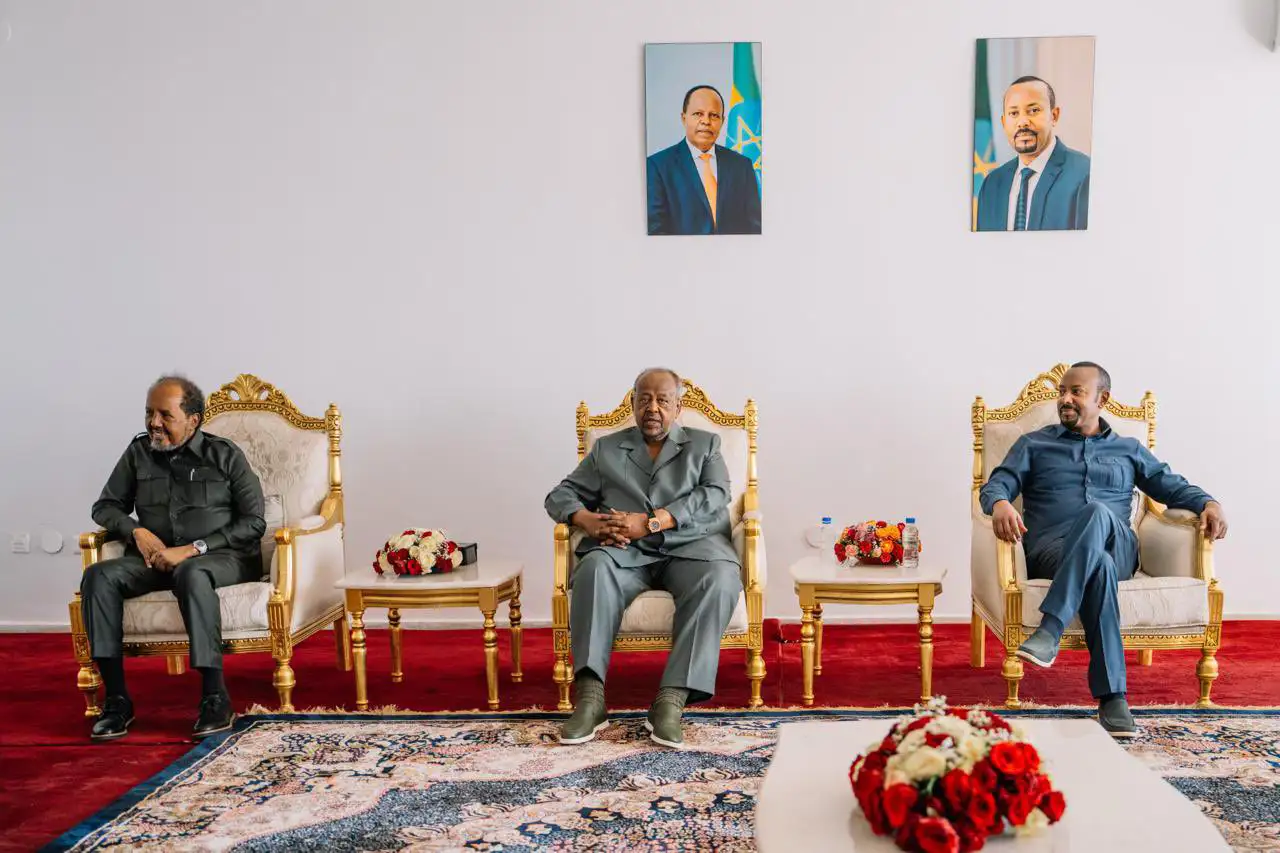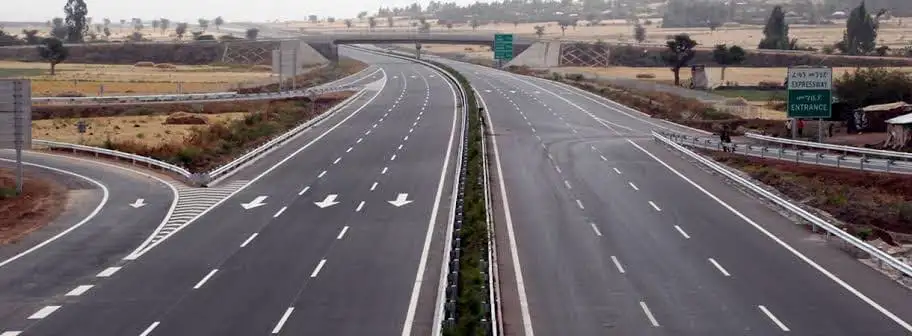Ethiopia's Grand Renaissance Dam (GERD), a massive hydropower project on the Abay River, is being widely celebrated across the African continent as a powerful symbol of self-reliance and engineering ingenuity. The dam, which is set to become Africa's largest power-generating facility, was constructed entirely with domestic funds and labor, without any foreign financial assistance.
The project is being hailed by African leaders as a bold statement of the continent's ability to drive its own development. Kenyan President William Ruto publicly praised the dam, calling it a "bold affirmation of Africa’s ability to marshal its own resources and take charge of its destiny." This sentiment has been echoed by leaders in South Sudan and Somalia, who view the project as a source of regional pride and a model for progress.
The GERD is expected to significantly boost Ethiopia's energy production, providing electricity to millions of citizens and supporting widespread economic growth. Ethiopian officials have also expressed ambitions to export power to neighboring nations, fostering greater regional cooperation.
According to APA News, despite the widespread praise, the dam remains a point of contention with downstream countries, particularly Egypt and Sudan. Both nations have raised serious concerns about the dam's potential impact on their water security, a point Ethiopia has consistently dismissed, asserting that the project will not significantly affect the flow of the Nile.
